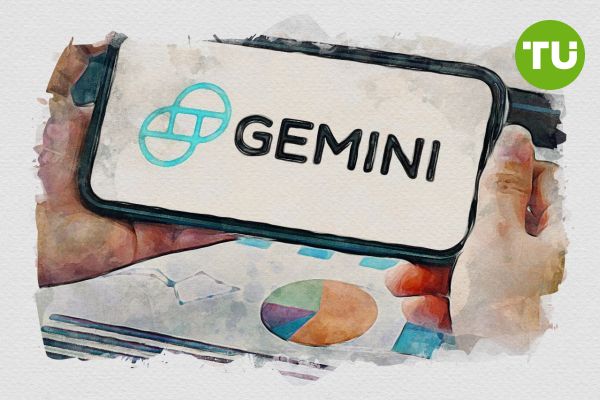Gemini halts MIT graduate hiring in protest against Gary Gensler
 Gemini will not hire MIT graduates
Gemini will not hire MIT graduates
Gemini, one of the most influential cryptocurrency exchanges, has made a significant move by announcing it will no longer hire graduates from the Massachusetts Institute of Technology (MIT).
This decision comes after the news that Gary Gensler, former chair of the U.S. Securities and Exchange Commission (SEC), will be returning to MIT as a professor at the Sloan School of Management and co-director of the FinTechAI program.
Key takeaways
- Gemini will not hire MIT graduates or interns while Gensler is associated with the school.
- MIT alumni, like Devin Walsh, criticize the university for rehiring Gensler.
- Coinbase also severed ties with firms linked to former SEC officials in response to Biden administration policies.
Gemini boycotts MIT hiring
Tyler Winklevoss, co-founder of Gemini, made the statement clear, saying, "As long as MIT has any association with Gary Gensler, Gemini will not hire any graduates from this school. Not even interns for our summer intern program."
Loading...
As a reminder, Gemini is included in the list of the safest crypto exchanges. Many graduates planned to get a job in this company.
The main indicators of the crypto exchange. Source: Gemini
This marks another chapter in the growing divide between the crypto industry and regulatory authorities, especially following Gensler's tenure at the SEC, where he was known for imposing stringent regulations on the crypto sector. His return to MIT has sparked significant backlash within the crypto community, with many seeing it as a symbol of the financial establishment's resistance to innovation in the blockchain and cryptocurrency space.
Crypto industry pushback on regulatory ties
Gemini is not the first cryptocurrency company to cut ties with institutions affiliated with former officials from the Biden administration. Coinbase took a similar stance, announcing it would cease partnerships with companies that hire individuals tied to what Coinbase CEO Brian Armstrong described as the administration's "harmful actions.". Armstrong strongly criticized the lack of clear regulatory frameworks for the crypto sector, accusing the SEC of committing an "ethics violation.
Armstrong argued, “It’s an ethics violation in my view to attempt to destroy an entire industry while failing to establish transparent rules. If you held a senior position there, you can't just claim you were following orders."
MIT’s role in crypto education
As Gensler takes up a role at MIT, many within the crypto community have expressed their disappointment. Devin Walsh, the Executive Director and co-founder of Uniswap, who is also an MIT graduate, voiced her frustration on social media. Walsh said, “I feel incredibly embarrassed and disappointed to see them rehire Gensler. Joining the program would be a waste of time, tuition funds, and energy for students hoping to learn about new technologies in the finance field.”
Many crypto enthusiasts fear that Gensler’s influence will shape the perspectives of the next generation of finance innovators, potentially stifling blockchain and cryptocurrency advancements. With such strong reactions from the crypto community, Gensler’s return to MIT represents a growing clash between traditional financial systems and the rapidly evolving world of decentralized finance.
Implications for the crypto industry
The continued friction between regulatory figures like Gensler and the crypto industry points to a widening gap in how both sectors view the future of finance. As crypto firms, like Gemini and Coinbase, double down on distancing themselves from regulatory figures they see as adversaries, it is likely that this battle over the future of cryptocurrency and blockchain will intensify. The response from academia and the broader finance world will be crucial in shaping the landscape for blockchain innovation and regulation in the years ahead.
Earlier we reported Gary Gensler pivots to AI and joins MIT initiative.














































































































































